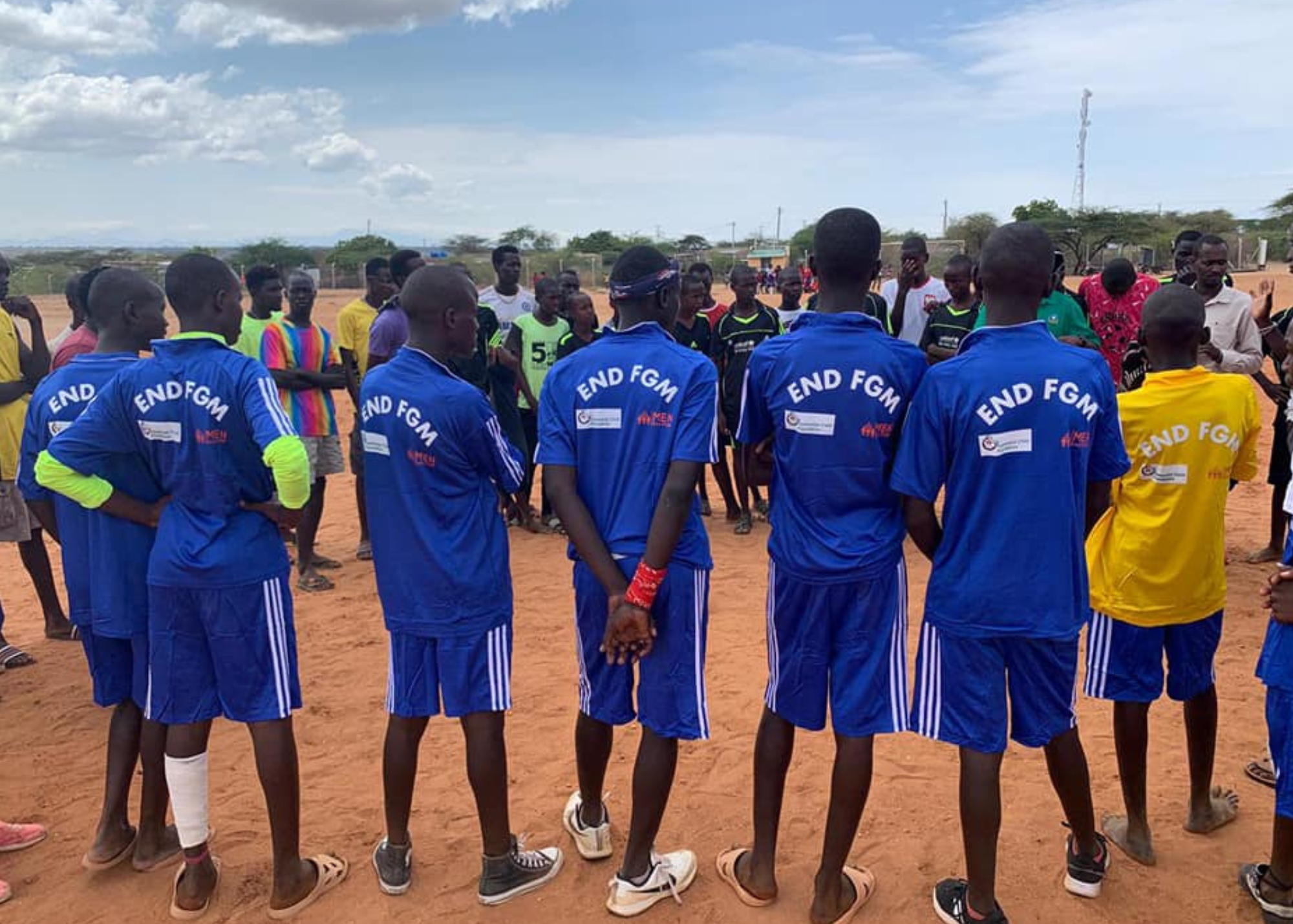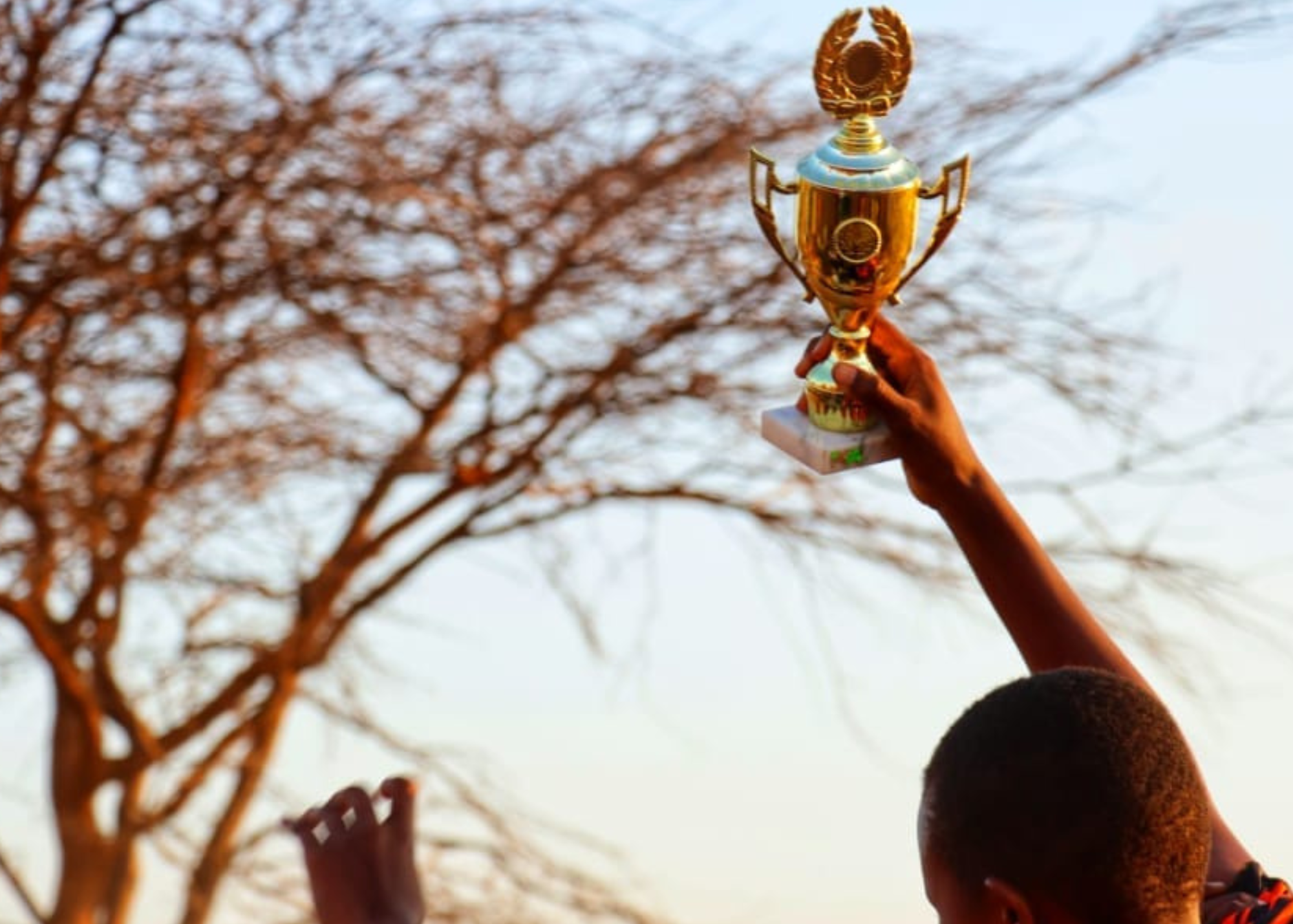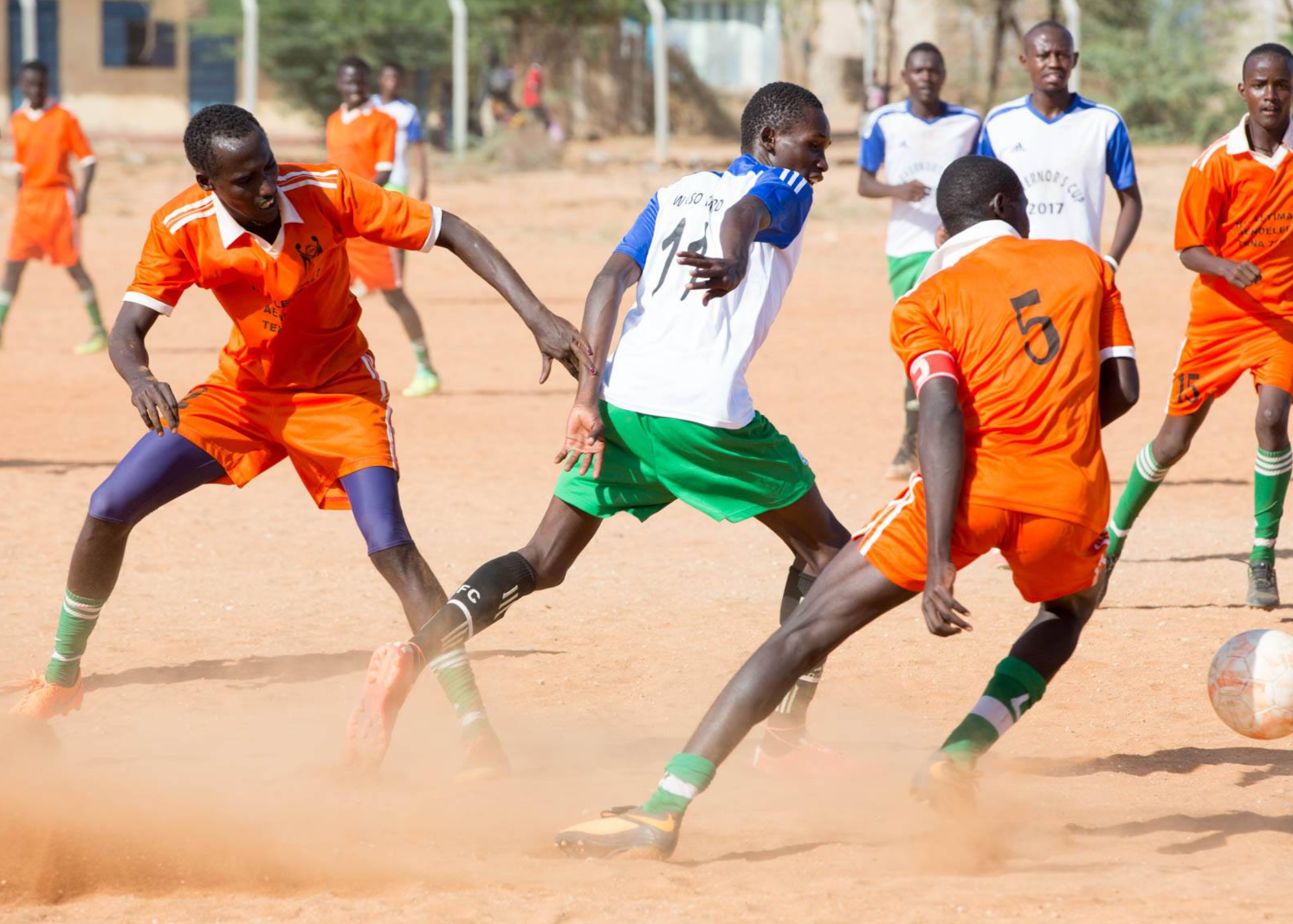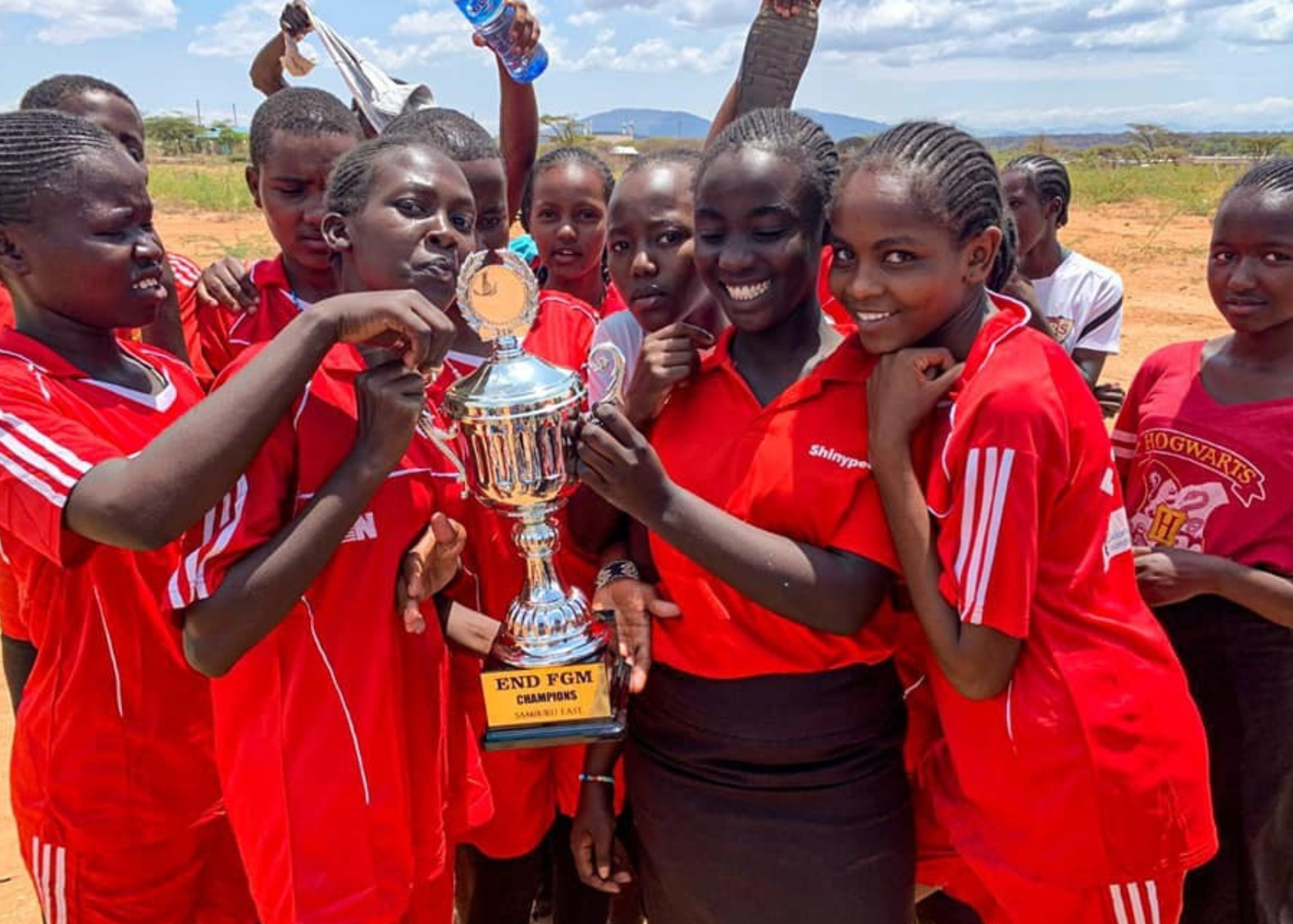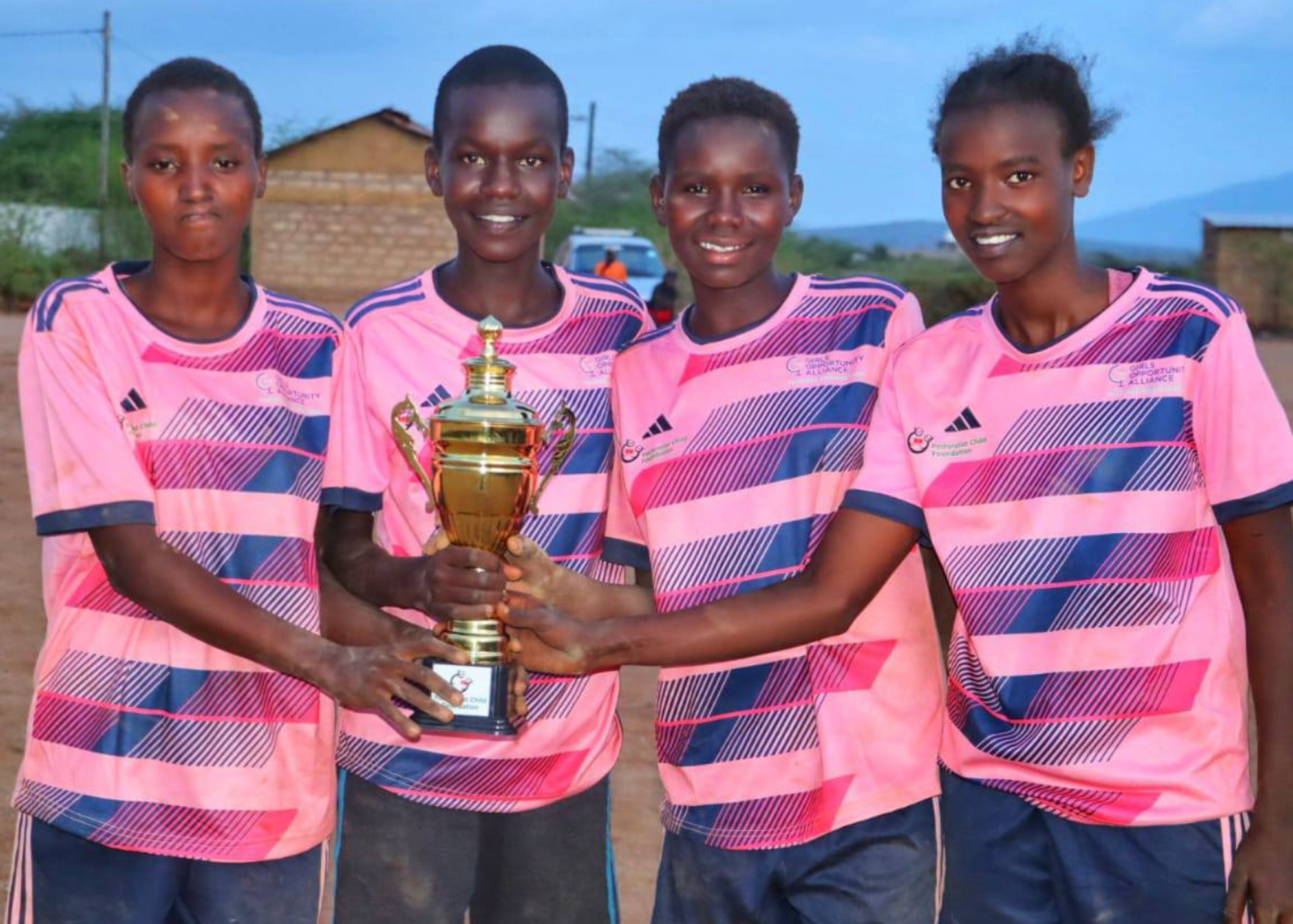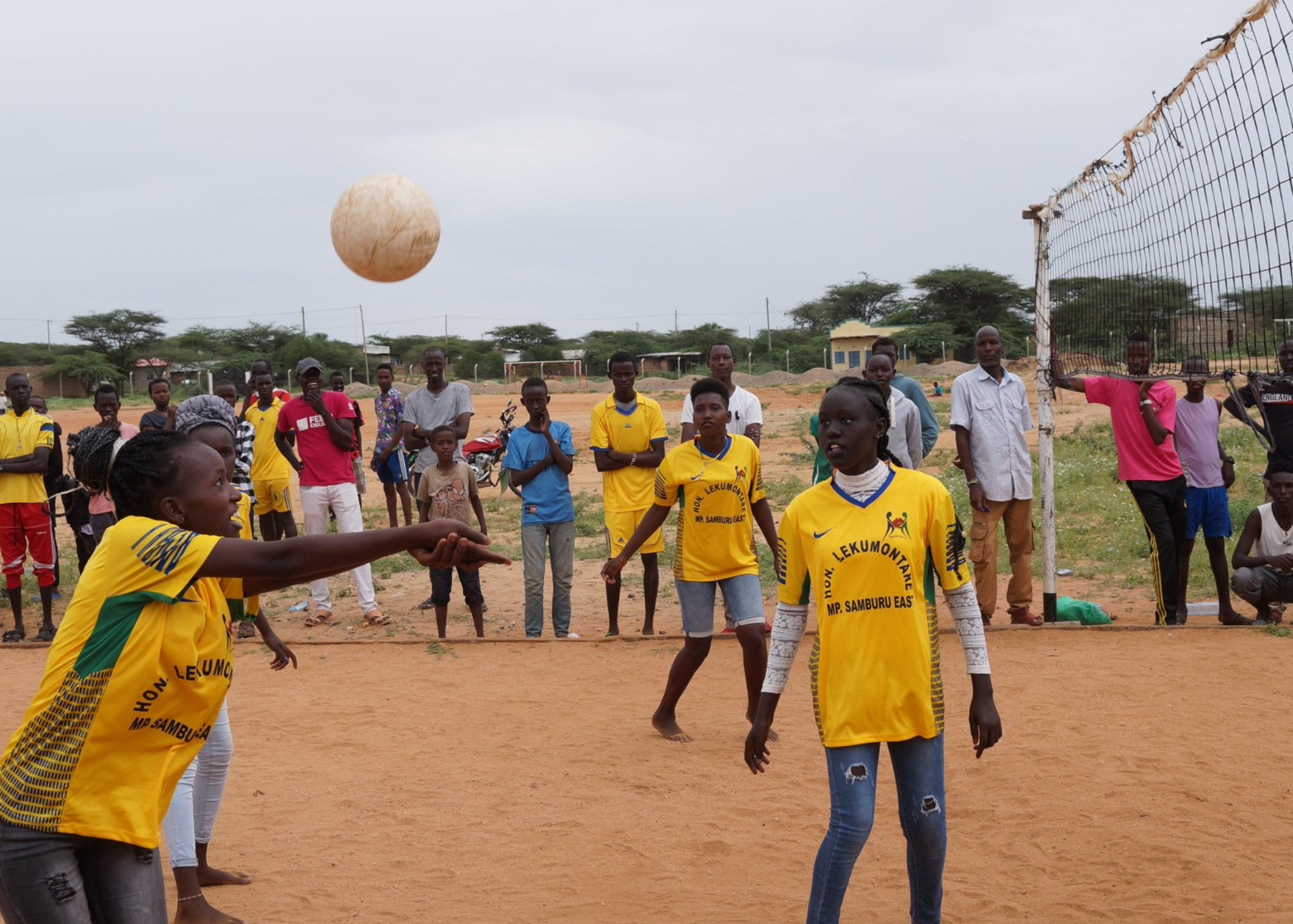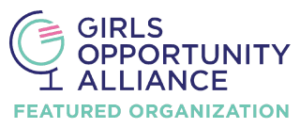Environmental Projects
PCF supports women and their families to improve their livelihoods, preserve cultural heritage, and empower themselves socially and economically. Our initiatives represent our choice to invest in rural communities so that there are additional outlets for villages to thrive in spite of environmental challenges. These projects offer numerous benefits in pastoralist communities where women traditionally have limited decision-making and access to resources, formal education, and employment opportunities.
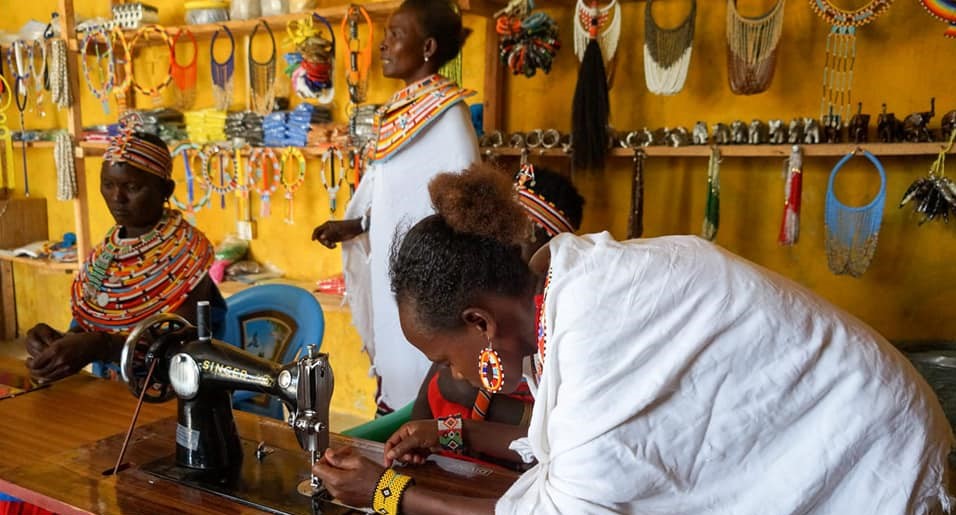
Sewing Center and Marketplace
The Samburu and Maasai communities have rich cultural traditions, especially in clothing and beadwork. Sewing machines allow women to create modern versions of traditional clothing and accessories, maintaining cultural pride while making them accessible to a broader audience. In addition to sewing, women create handmade beaded goods such as jewelry, baskets and accessories that they can also sell locally.
The Sewing Center is a significant project where women can create products such as school uniforms, sanitary towels, bags, and mats, which they can sell in schools and local markets. This provides them with a steady income and reduces their reliance on male household members. In collaboration with the Gracious Nomadic Women’s Group store in Archer’s Post, Samburu, many women in the group learn sewing and design techniques since the machines help them gain skills such as pattern making and garment construction. The store secured a contract to make school uniforms for our co-founder’s alumni secondary school in Archer’s Post. The group actively invites women to learn sewing and tailoring skills.
The Sonkoyo Nailepu Women’s Self-help Group is comprised of 60 members and based in the town of Aitong, Maasai Mara. The women own Naningoi Maasai Fashion where clothes, jewelry, and accessories are made and sold. Seamstresses are creating new Maasai designs which attract new customers.
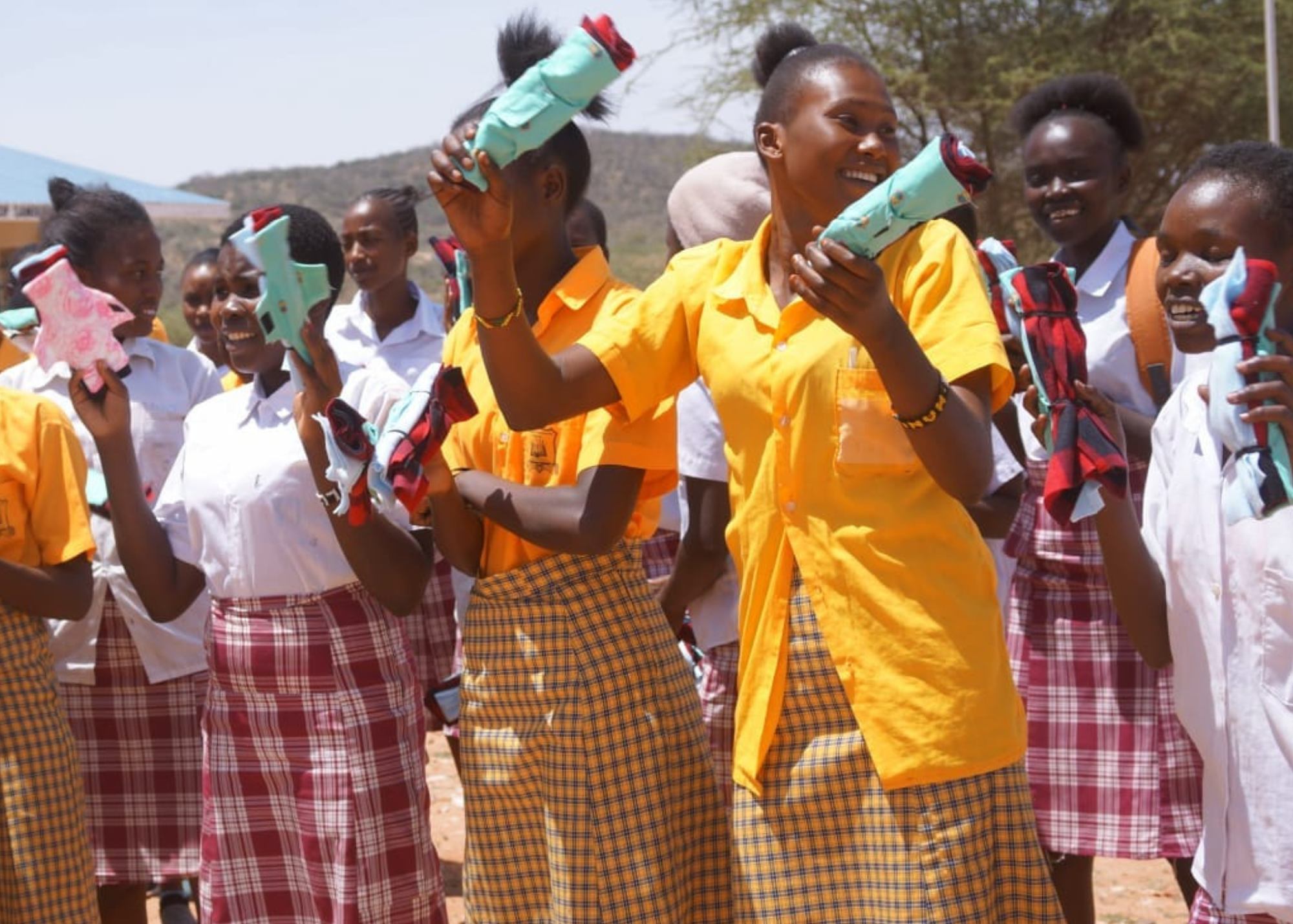
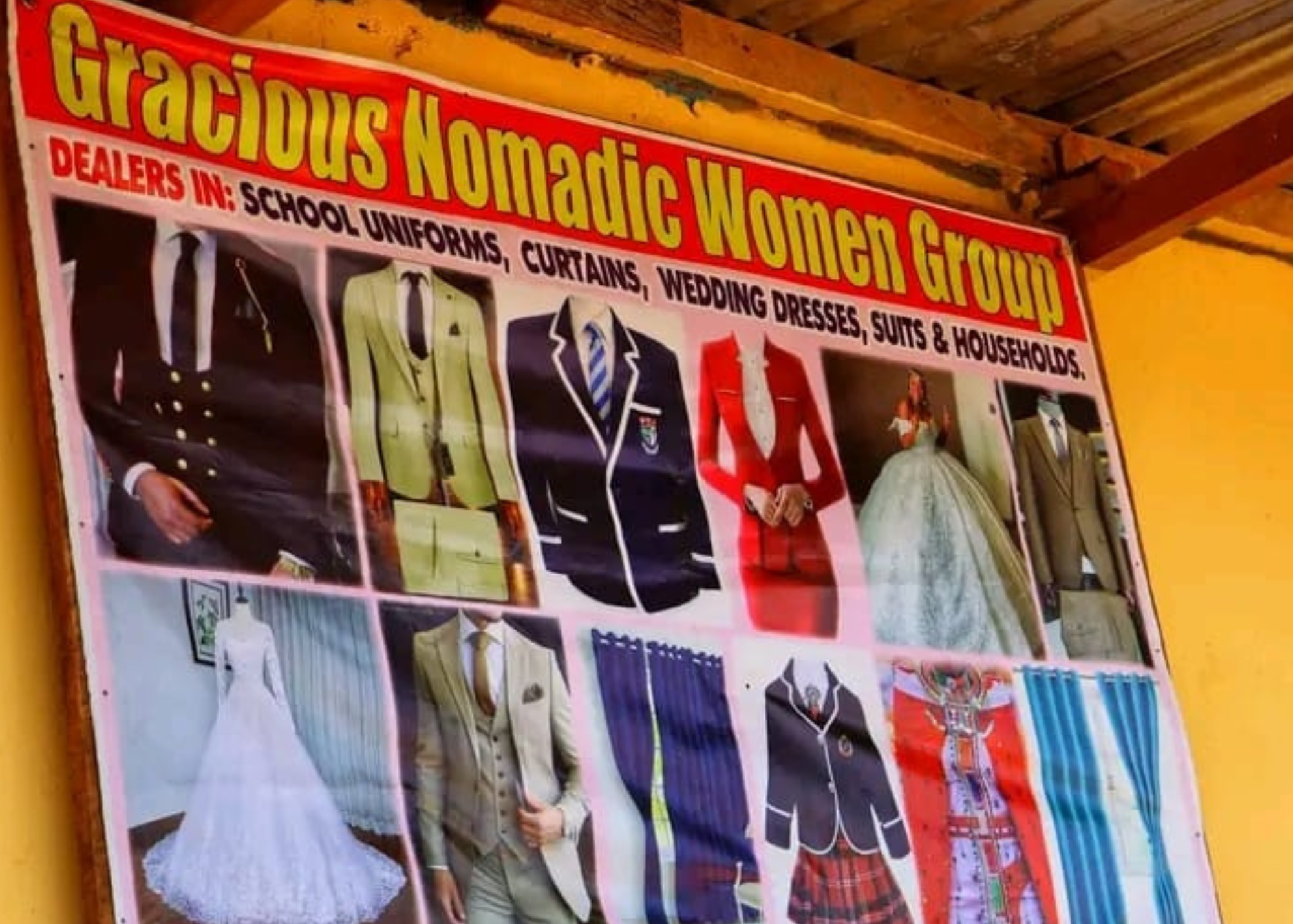
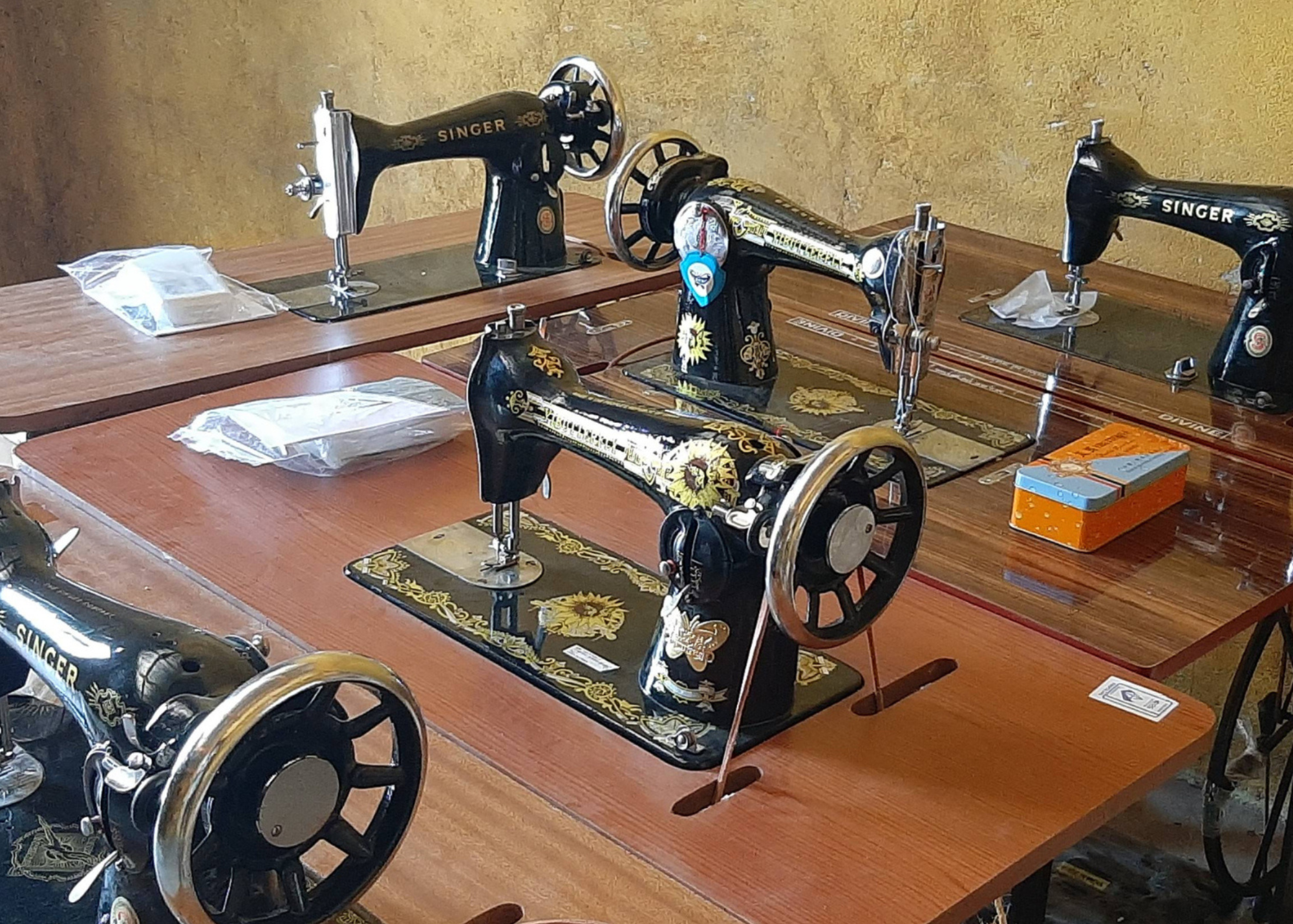
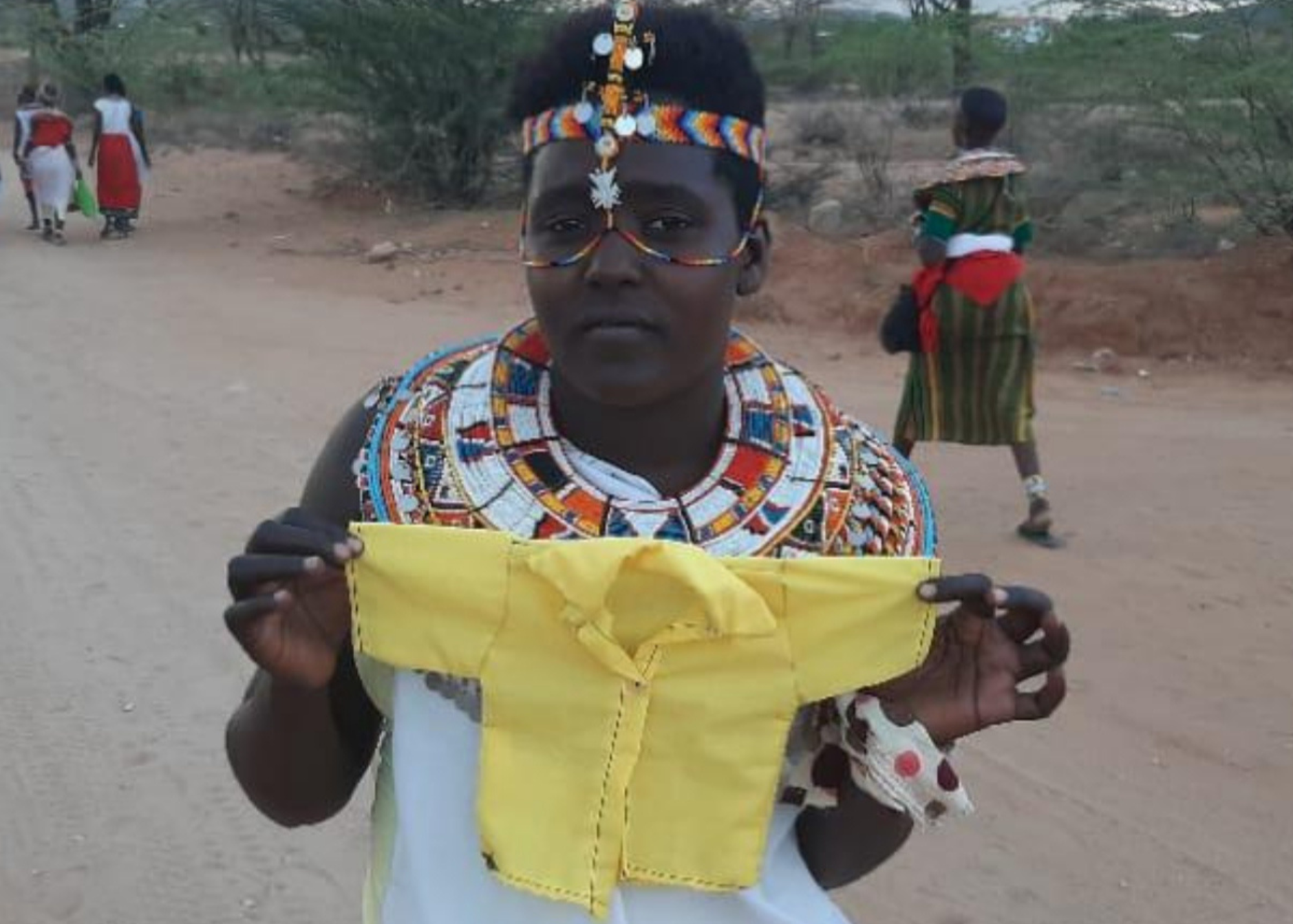
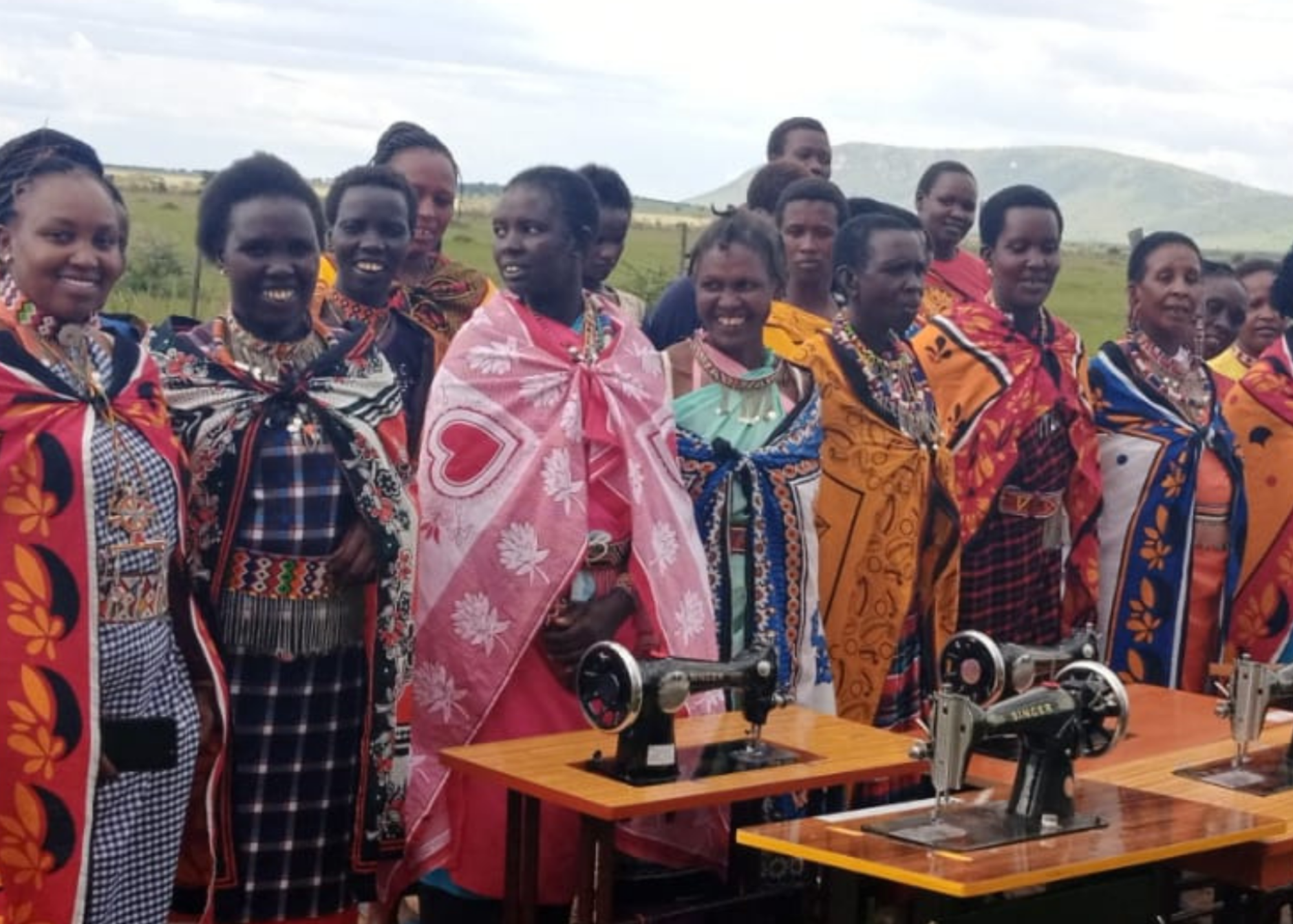
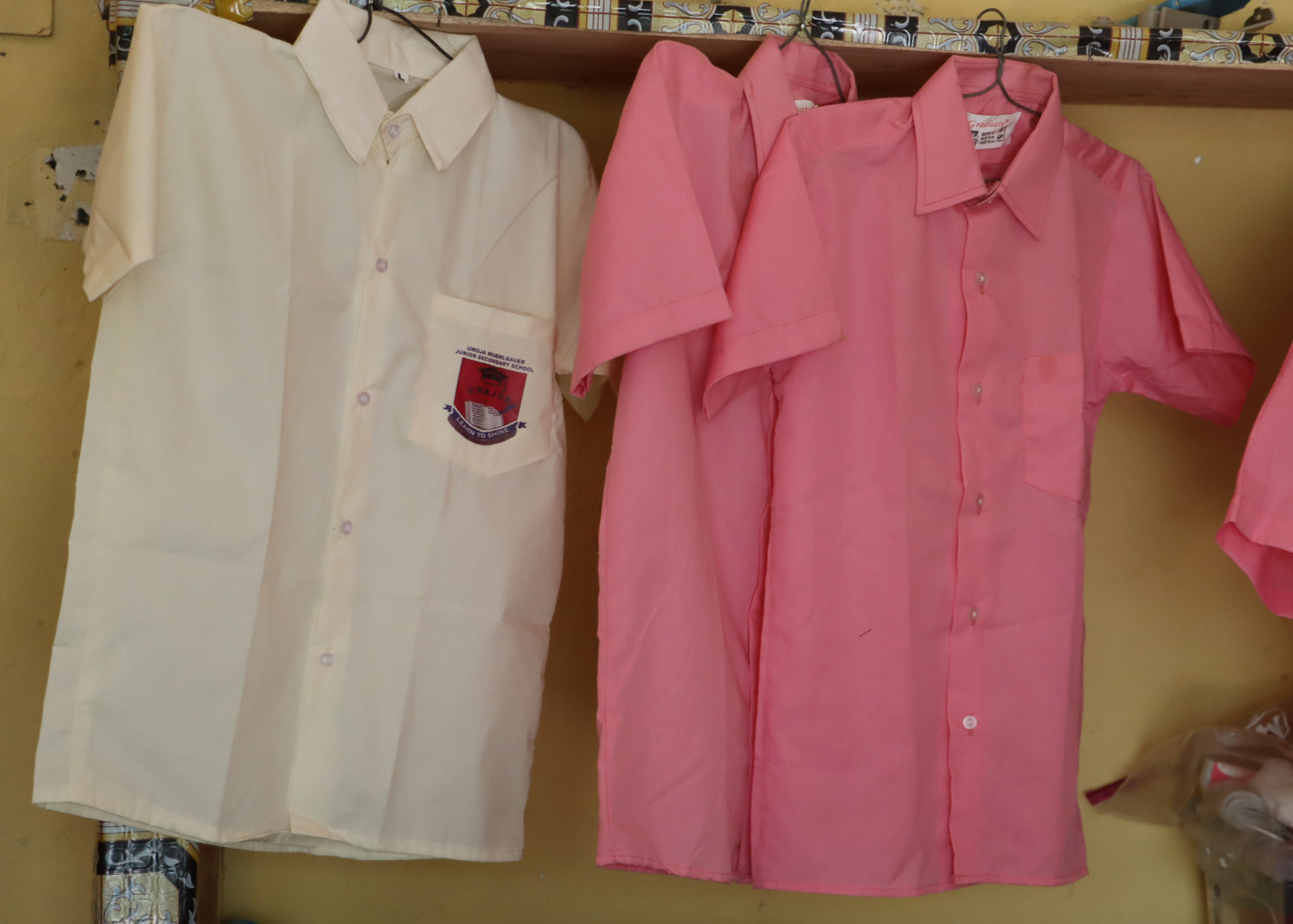
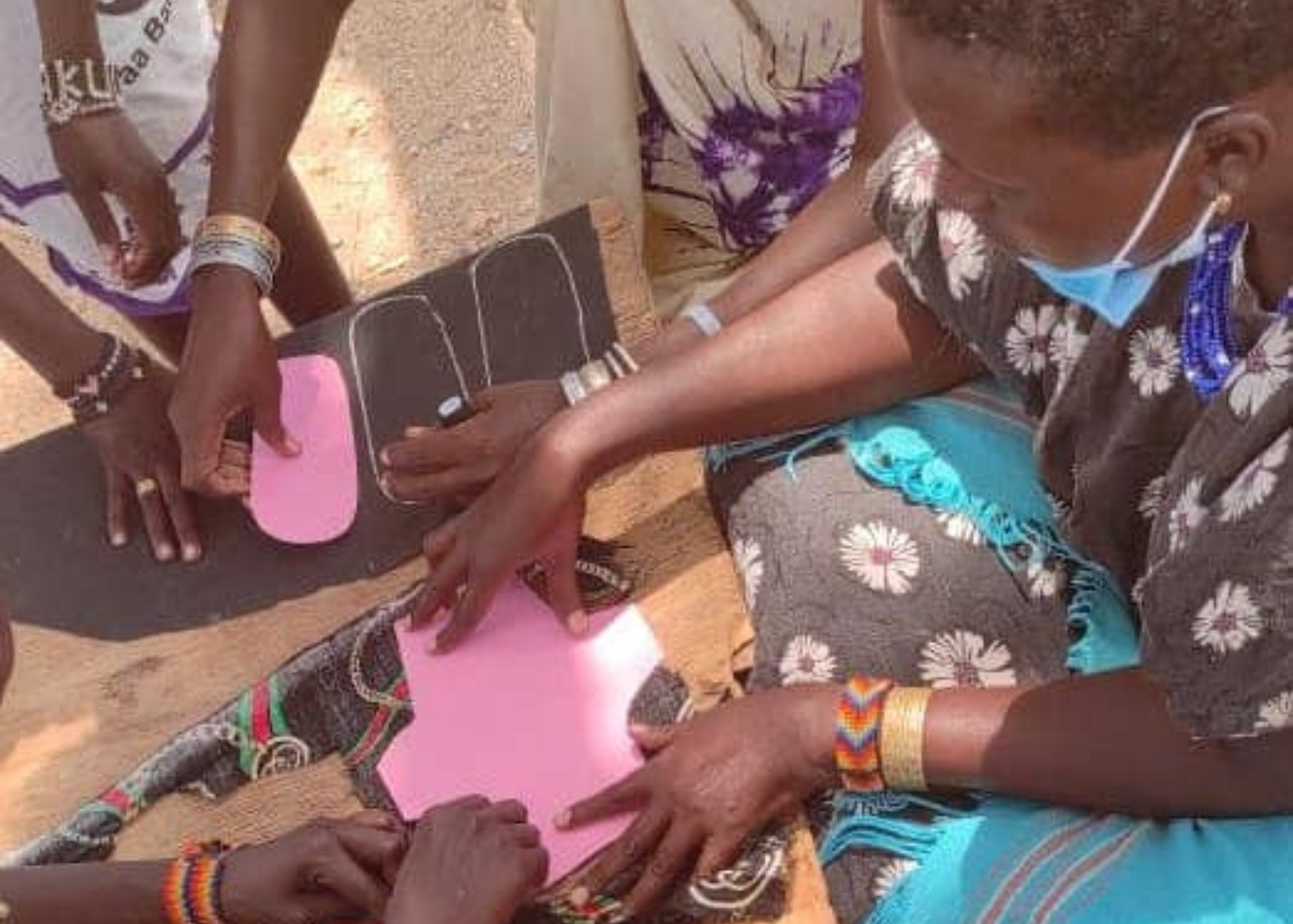
Lambs and Bulls Fattening Program
The Sonkoyo Nailepu Women’s Group also builds on the social empowerment processes that seek to adopt an integrated approach in the Maasai Mara regions to simultaneously strengthen all the key dimensions of women’s empowerment – social, economic, and leadership.
Strategies:
- Diversify economic opportunities and choices that lead to sustainable increase in household incomes and enable women to play an enhanced and strategic role in the economic sphere.
- Expand the process of social mobilization to include women in organized self-help groups all over the country.
- Enhancing leadership participation and representation of women so that they contribute effectively to local decision-making and demand quality public services.
The women’s group owns 33 bulls and 40 lambs. The livestock is purchased at a low market prices, graze on family homesteads for 7 months, and sold for profit at a higher price. Income is shared among all the women to improve their living standards and to send more girls to school. The health of the livestock is carefully managed and livestock is vaccinated according to local veterinarians’ specifications. Bulls are also tested for trichinosis.
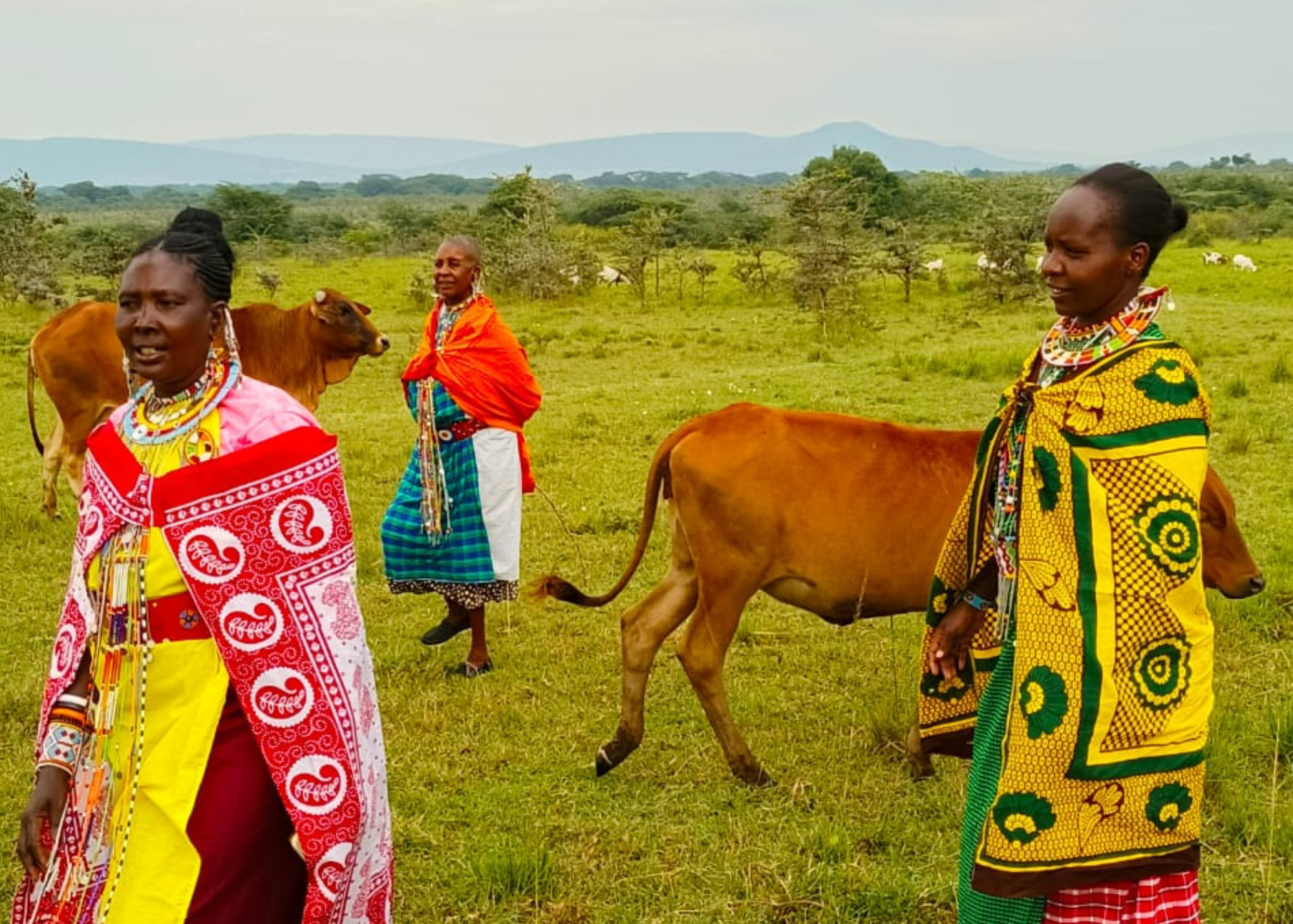
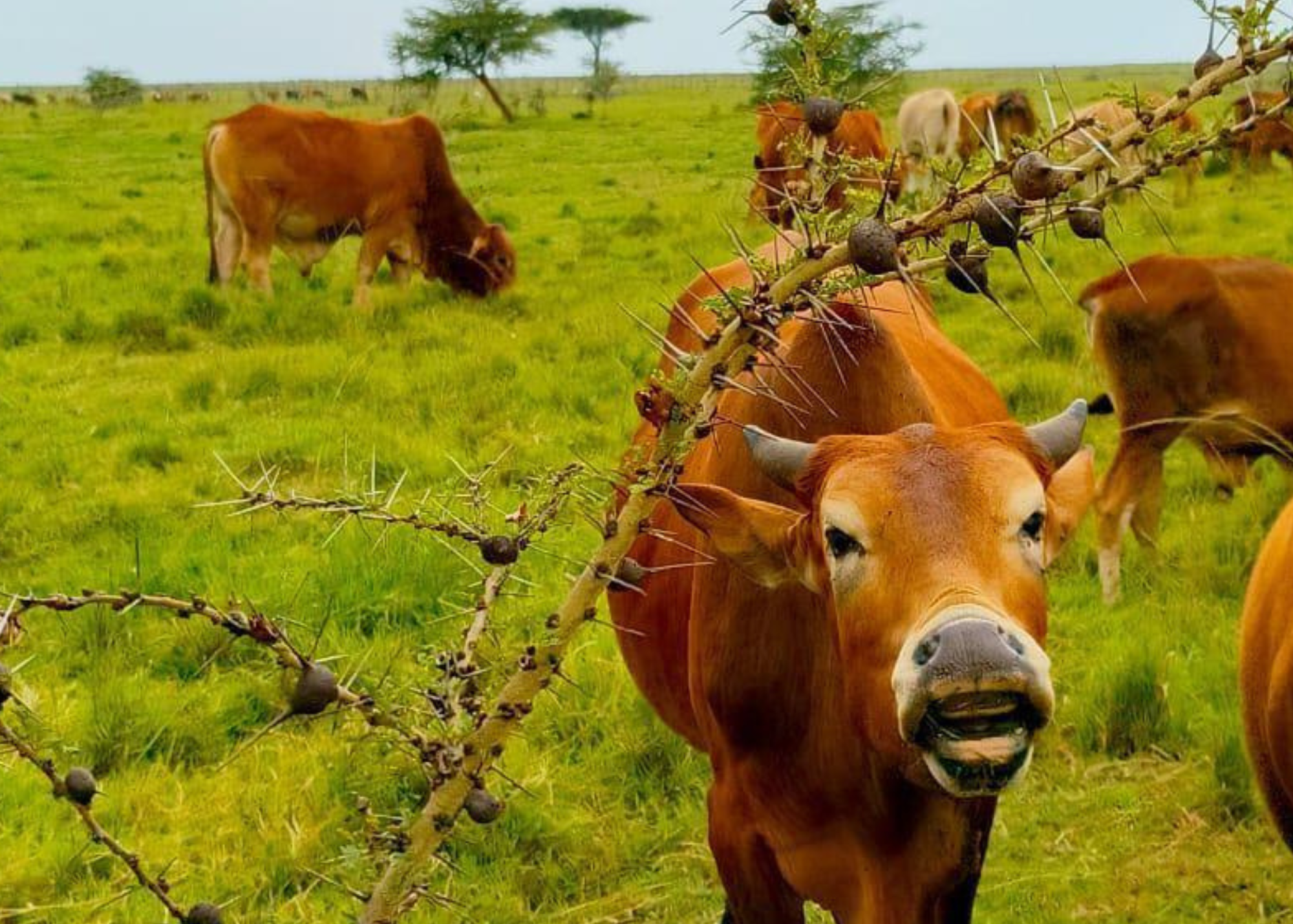

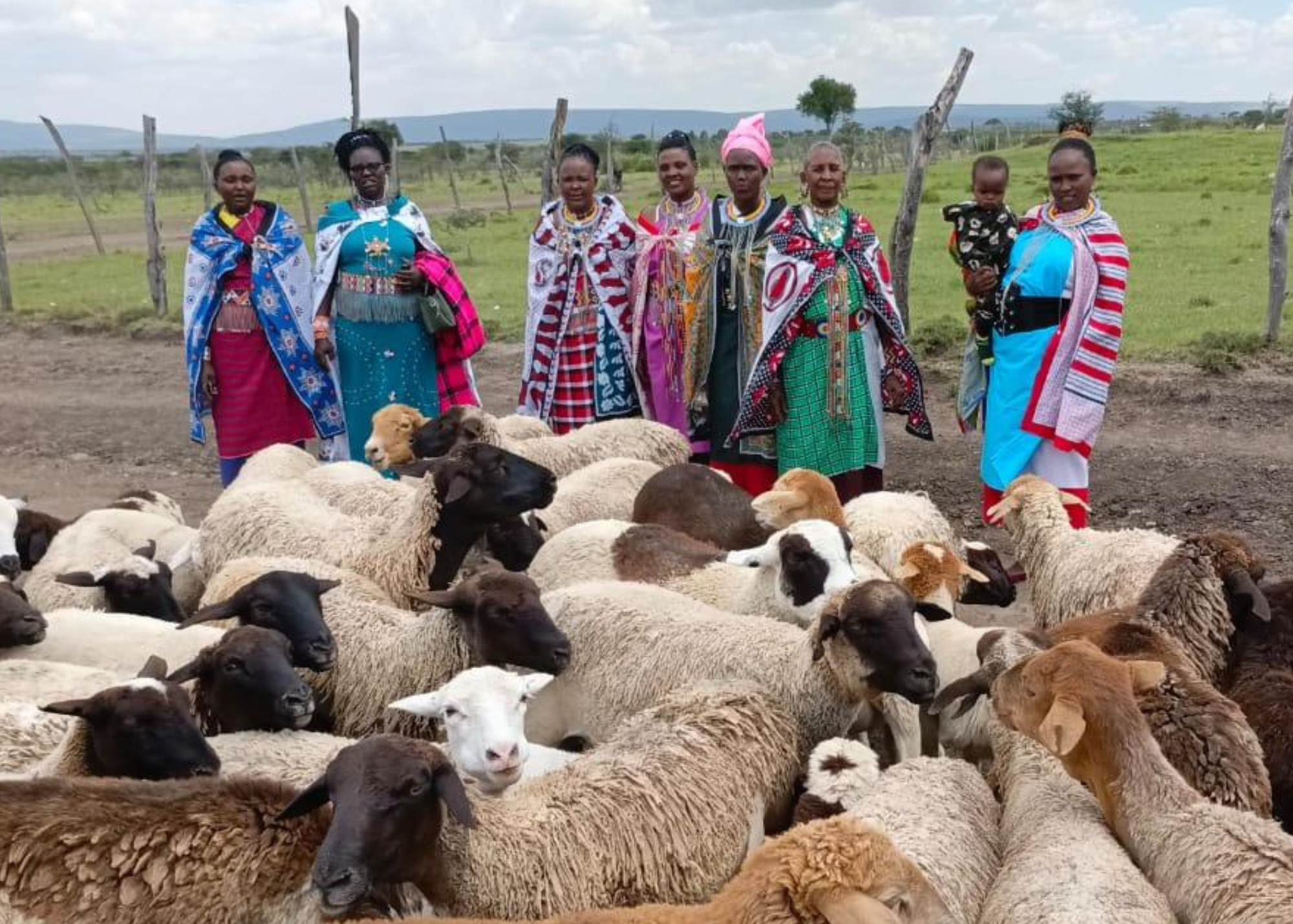
Education Through Sports
As part of our efforts to educate youth, we incorporate sports into our community outreach programs. Soccer and volleyball are two very popular sports among Kenyan youth. Each year, PCF invites hundreds of youths to compete for our coveted trophies at our Annual Youth Soccer and Volleyball Tournament. The boys’ and girls’ teams compete for 3 days at camp. The athletes must attend life-skills training and workshops during their stay. The event creates great excitement for the fans from all over Samburu County who cheer for their favorite teams!

